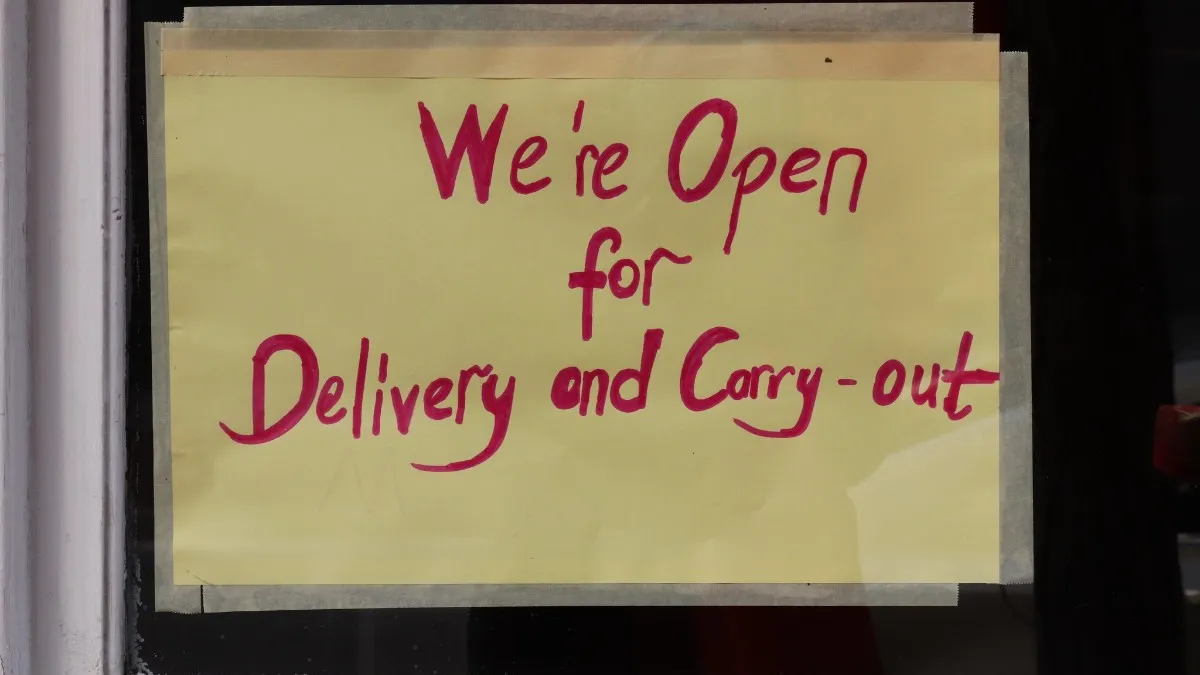Dive Brief:
- Four class-action lawsuits, one of which were filed by a restaurant group, have accused Bank of America, JP Morgan Chase, Wells Fargo and U.S. Bank of each concealing "from the public that it was reshuffling the [Payment Protection Program] applications it received and prioritizing the applications that would make the bank the most money,” rather than processing applications in the order they were received.
- "Had [Bank of America] been honest, small businesses could have (and would have) submitted their PPP applications to other financial institutions that were processing applications on a first-come, first-served basis," the suit from BNG Restaurant Group reads. "As a result of [Bank of America's] dishonest and deplorable behavior, however, thousands of small businesses that were entitled to loans under the PPP were left with nothing."
- The BNG suit also claims that Bank of America encouraged small business owners to apply and "to act fast" despite prioritizing larger businesses throughout the loan process, earning nearly $6 billion in loan fees in the process.
Dive Insight:
These lawsuits follow restaurant industry frustration with the fact that major chains including Potbelly, Shake Shack and Ruth's Chris Steakhouse were awarded multi-million dollar PPP loans when the program was designed for small businesses. Shake Shack returned its $10 million in funding, calling on Congress to improve funding for restaurants, extend the loan forgiveness period and assign a local bank to each applicant. The burger chain decided to return the money after securing outside funding. The company didn't disclose how much funding it procured.
One of the particular issues that these lawsuits emphasize is the fact that restaurants can only apply for one PPP loan from one lender. If major banks were in fact advertising to vulnerable independent businesses while simultaneously deprioritizing their applications, it's bad news for restaurants, even with the next round of PPP being hashed out by Congress.
This is yet another one of the flaws of the PPP application process that has come to light in the past few weeks. More than a dozen public companies with revenue of more than $100 million received these relief loans intended to help small businesses, and the New York Times reports that as much as 75% of independent restaurants may not survive the economic impact of the novel coronavirus.
Loopholes for big banks and restaurants to take advantage of this program are just one reason that organizations like the National Restaurant Association and the Independent Restaurant Coalition are calling for changes to PPP's requirements. Fund allocation stipulations, forgiveness periods and loan terms also need reform, the NRA claims, detailing its most recent suggestions in a letter Monday.











